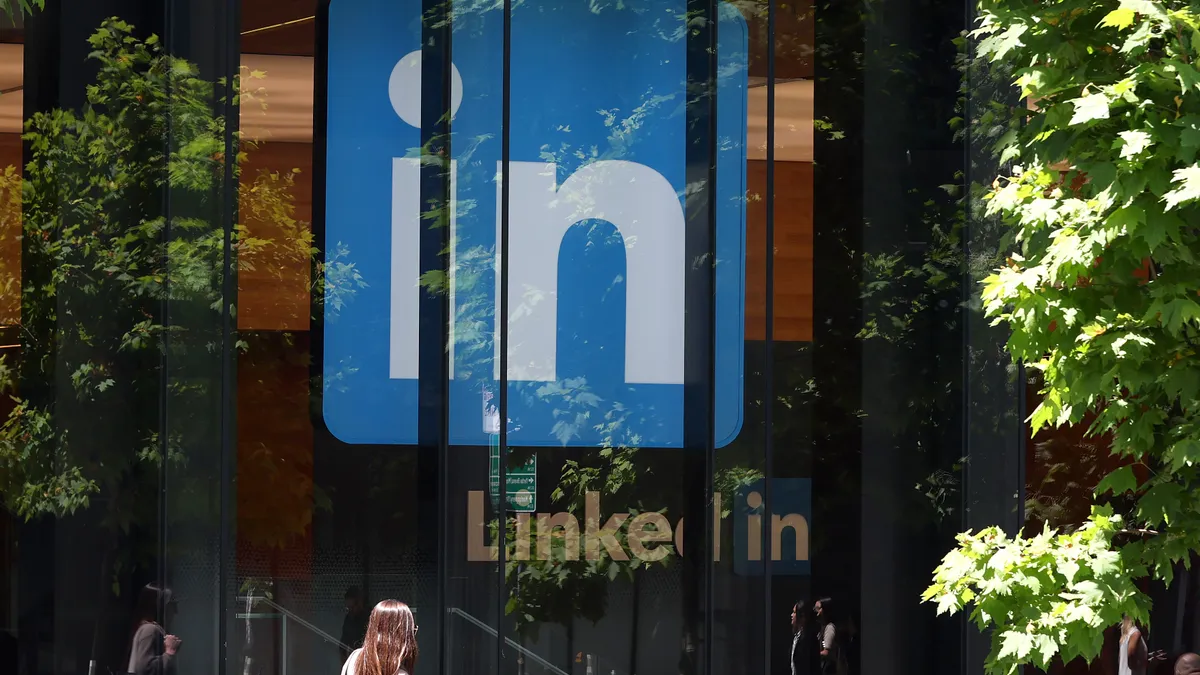Workers with soft skills — such as problem-solving, decision-making and good communication abilities — get promoted faster than those who don’t have the skills, according to a Feb. 29 report from LinkedIn.
Based on LinkedIn data for 2020-2023, full-time employees who had both hard and soft skills on their profiles were promoted 8% faster than those who only had hard skills.
“It’s a testament to the concrete impact of so-called soft skills: Even if you can’t easily measure the skill itself, they still make a measurable difference,” co-authors Greg Lewis and Manas Mohapatra wrote in the report.
“For talent professionals, that’s a good reminder that these soft skills should be a serious part of your hiring criteria,” they wrote. “It’s also a call to action for companies to help employees develop these particular skills.”
Certain soft skills had an even stronger link to promotion, according to the report. For instance, organizational skills, teamwork, problem-solving and communication had the strongest connections to faster promotions, leading workers to be promoted 11% faster. After that, leadership led to 10% faster promotions.
Updating skills regularly appeared to lead to faster promotions as well. Workers who added skills on a quarterly basis were promoted 11% faster than those who added skills infrequently, or less than once per year.
Although soft skills training may be a top priority for some HR professionals, a lack of time and resources can get in the way, according to a 2020 Talespin study. Other challenges included difficulty measuring ROI and insufficient or ineffective training tools.
Even still, soft skills remain key to the workplace due to hybrid schedules and evolving technology demands, particularly with new AI tools and skills, according to a Business Name Generator report. Among new hires, the top desired skills are communication, problem-solving and time management, while among existing employees hoping to advance, the most valued skill is leadership.
Upskilling employees on soft skills could help with current skills gaps, hiring issues and engagement concerns, according to a Salary.com survey. HR professionals said they’re placing a stronger focus on soft skills that AI can’t cover, including in-demand skills such as communication, problem-solving, critical thinking, attention to detail and analytical thinking.












![Salesforce AI's CEO sits onstage across from Cristina Criddle. Screens that say Human[X] hang behind them.](https://imgproxy.divecdn.com/4XVfO8mNsslv7_axsVip9IU74iKpLWgiY3616VXH4ow/g:nowe:0:104/c:1024:578/rs:fill:600:338:1/Z3M6Ly9kaXZlc2l0ZS1zdG9yYWdlL2RpdmVpbWFnZS9HZXR0eUltYWdlcy0yMjA0NjUxNDM0LmpwZw==.webp)